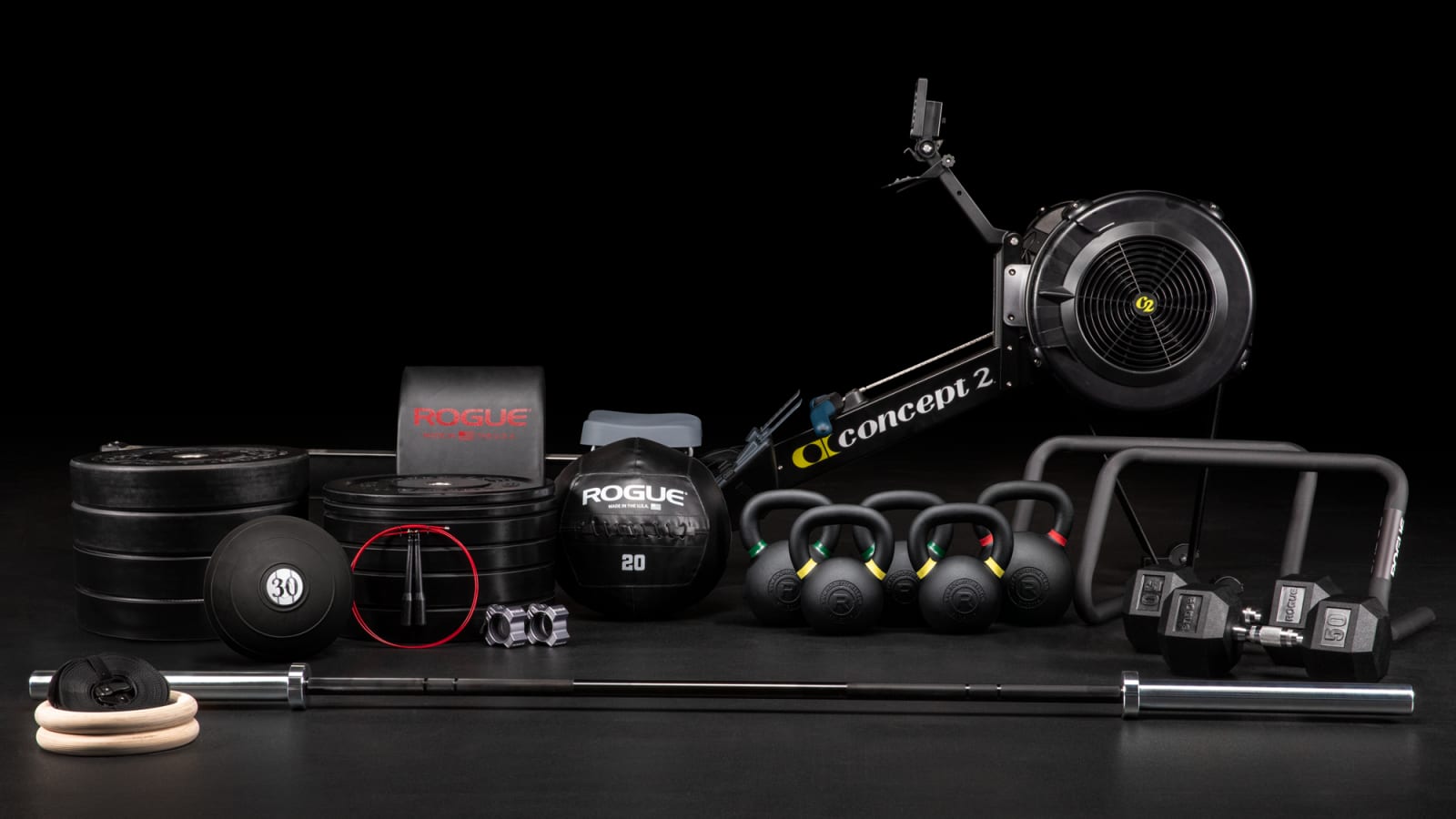The carnivore diet eliminates all plant foods, focusing exclusively on animal products like meat, fish, eggs, and dairy. You'll consume high-protein, nutrient-dense foods that trigger metabolic changes, pushing your body into fat-burning ketosis while supporting muscle growth. When you choose to dramatically reduce your carbohydrates and increase your protein intake, you'll stabilize insulin levels, decrease hunger, and enhance satiety.
Carnivores focus on high-quality animal protein provides essential amino acids that stimulate muscle protein synthesis and support tissue repair. Many experience rapid bodyfat loss, increased stabilized energy, and improved body composition. If you're curious about how this radical nutritional approach can transform your metabolic health, there's much more to uncover.
The Carnivore Approach: Zero-Plant Protocol

The carnivore diet is definitely a radical nutritional approach that challenges conventional dietary and nutritional wisdom. It's frequently called an "extreme" eating strategy that centers exclusively on animal products, completely eliminating all plant-based foods from your diet.
You'll consume only meat, fish, eggs, and select dairy products, cutting out fruits, vegetables, grains, legumes, nuts, and seeds. Historical research suggests the diet has roots tracing back to late 1700s medical treatments for specific health conditions.
At the core, the aim is to dramatically reduce carbohydrate intake, dropping your insulin levels which then allows your body to metabolize stored fat for energy. By focusing on high-protein and high-fat animal products, you'll get the nutrients needed for muscle maintenance and growth. Fatty meat cuts become your primary source of calories, providing essential energy and supporting metabolic functions. Protein's muscle-building potential has been scientifically demonstrated to support significant muscle development and repair.
The principles are basic and uncomplicated: prioritize animal proteins, embrace fatty meat cuts, and eliminate all carbohydrate sources. You'll want to select the best quality, nutrient-dense meats you can afford, grass fed is lovely but not required.
You can also look to incorporate organ meats like liver every so often to have wider nutritional coverage.
While carnivore might appear restrictive, I would argue that it drastically simplifies nutrition by removing the miriad of complex food choices. Understanding the carnivore diet requires recognizing its radical departure from traditional nutritional recommendations.
Mastering Meat-Based Nutrition Excellence

Beyond traditional dietary approaches, animal-based nutrition represents a powerful paradigm shift in understanding dietary needs. By focusing on nutrient-dense animal products, you'll tap into a nutritional strategy that prioritizes high-quality proteins, essential minerals, and bioavailable nutrients.
Dietary adaptation strategies suggest that metabolic flexibility can be enhanced through targeted animal protein consumption. Metabolic programming through strategic nutrient intake can significantly optimize body composition and performance.
| Nutrient | Source | Benefit |
|---|---|---|
| Protein | Meat, Fish | Muscle Growth |
| Omega-3 | Wild Salmon | Inflammation Reduction |
| B Vitamins | Organ Meats | Energy Metabolism |
| Iron | Red Meat | Cellular Development |
| Zinc | Beef, Eggs | Immune Function |
The carnivore diet centers on consuming whole, unprocessed meats which naturally provide extensive nutrition. You'll eliminate processed foods and plant-based items that potentially contain antinutrients, instead choosing foods with maximum bioavailability.
This approach means prioritizing, when possible, grass-fed meats, wild-caught fish, free-range eggs, and full-fat dairy.
The key to your nutritional approach involves choosing quality animal products rich in essential amino acids, minerals like iron and zinc, and crucial nutrients such as B12 and choline. You're not just eating—you're enhancing your body's metabolic potential, supporting muscle growth, managing blood sugar, and potentially reducing inflammatory responses.
Carnivore Fat-Burning Science

Steering weight loss mechanisms within carnivore reveals a complex interplay of metabolic, hormonal, and nutritional factors that set it apart from traditional dietary approaches.
The process of eliminating carbohydrates allows for insulin levels to stabilize, when insulin stabilizes it allows for fat mobilization while reducing hunger signals. Metabolic research studies have consistently shown that dietary interventions targeting insulin sensitivity can significantly impact long-term weight management.
High protein intake increases satiety, naturally lowering your overall calorie consumption without strict calorie counting. The diet's unique macronutrient composition means you'll feel fuller longer while your body efficiently metabolizes stored fat.
The initial weight loss you'll experience isn't only water weight—it's a process of metabolic adaptation. By maintaining approximately 1 gram of fat for every gram of protein, you'll enhance fat burning potential. Organ meat consumption provides additional metabolic support by delivering concentrated nutrients that optimize fat loss processes.
As you get your foundational lifestyle in place adding intermittent fasting can further improve these mechanisms, helping you strategically employ calories and support your body's natural fat-burning capabilities.
Maximizing Muscle on Pure Protein

Muscle-building proteins form the cornerstone of a carnivore diet's muscle gaining propensity. You'll find that consuming 1.5-1.6 grams of protein per kilogram of lean body weight optimizes muscle strength and development.
Calculation method:
(LBM in lbs ÷ 2.2) × 1.6 = Daily protein in grams
| Lean Body Mass (lbs) | Daily Protein (@ 1.6g per kg lbm) |
|---|---|
| 150 | 109 |
| 160 | 116 |
| 170 | 124 |
| 180 | 131 |
| 190 | 138 |
| 200 | 145 |
| 210 | 153 |
| 220 | 160 |
| 230 | 167 |
| 240 | 175 |
| 250 | 182 |
Animal proteins like beef, chicken, and fish are especially effective, offering superior bioavailability compared to plant-based sources.
The carnivore diet's emphasis on lean and fatty meat cuts guarantees you're getting these essential nutrients efficiently.
Your muscle-building journey isn't just about protein intake; it's about strategic eating and training. Incorporate resistance exercises like weightlifting and squats to stimulate muscle growth.
Post-workout nutrition is imperative – consuming protein within the recovery window maximizes muscle protein synthesis. Gradually increase your workout intensity through progressive overload to continuously challenge your muscles.
Don't forget hydration and overall calorie intake as they support your energy needs and muscle development.
With the right protein sources, training approach, and nutritional strategy, you'll be well-positioned to build muscle effectively on the carnivore diet.
Beyond Fat Loss: Carnivore Health Transformations

The carnivore diet offers an array of health benefits that extend far beyond traditional nutritional approaches. You'll discover that nearly 95% of people who make the commitment report improved overall health, with considerable improvements in multiple wellness dimensions.
Your body might undergo transformative metabolic changes, switching to fat metabolism and improving insulin sensitivity. The diet's approach can lead to effective and simple boyfat loss, with most reporting reduced food cravings and improved hunger control.
Additionally, many experience better gut health by removing plant toxins and antinutrients that possibly contribute to their digestive issues.
Notably, the experienced health benefits are quite extensive. Many report improvements in autoimmune conditions experiencing massive symptom reduction.
Managing the All-Meat Transition
Many individuals switching to the carnivore diet have quickly discovered adjusting to the new nutritional plan isn't as painfree and simple as it might initially appear. You'll face significant challenges that require careful navigation and proactive planning to maintain your health effectively.
| Nutritional Challenge | Potential Mitigation Strategy |
|---|---|
| Fiber | There is no need for fiber, its not essential and has been more a buzzword to sell products |
| Vitamins | If you feel deficient you can explore high-quality organ meat consumption, many never do for years to decades |
| Mineral Imbalances | Incorporate diverse animal protein sources |
| Digestion | Without plant consumption you will have 90-95% less stool as you can use near everything you consume, leading people to THINK they have a digestive issue |
| Chronic Disease Risks | Regular medical screenings and blood work are always good to be knowledgeable in your overall health |
You'll need to be strategic about nutrient intake, potentially working with healthcare professionals to monitor your body's response. Blood tests can help track vitamin levels and overall metabolic health.
Optimizing Workouts on Carnivore

At Rapid Carnivore we feel that integrating carnivore diet principles with strategic exercise routines transforms your body's metabolic potential, creating a powerful synergy for fat loss and muscle gain.
Your strength training sessions, including exercises like push-ups, squats, and lunges, work perfectly with the carnivore diet's nutrient-dense protein sources.
Your workout strategy should balance resistance training and cardiovascular activities. Weightlifting challenges your muscles, signaling them to grow and strengthen, while cardio helps burn excess fat and improve overall fitness.

Carnivore's emphasis on high-quality proteins like beef, chicken, and fish provides the essential nutrients needed for muscle repair and growth.
Hydration and balanced nutrition play critical roles in this process. You'll want to consume protein-rich meals that support your physical activities, ensuring your body has the energy and resources to build muscle and maintain metabolic efficiency.
Essential Carnivore Diet Supplements

How can strategic supplementation enhance your carnivore diet journey? By carefully selecting targeted supplements, you'll optimize your nutrition and support your fat loss and muscle gain goals.
For muscle growth and recovery, creatine isn't necessary as its high in beef but could be a powerful supplement based on need, boosting muscle power and endurance. Electrolytes like sodium, magnesium, and potassium maintain hydration and muscle function.
Liver capsules guarantee you're getting a wide range of micronutrients, while bone broth provides collagen and amino acids that support muscle and nervous system health.
Remember to choose high-quality supplements and consult with a healthcare professional to personalize your supplementation strategy to your specific health and fitness objectives.
Sustaining the Carnivore Lifestyle

After optimizing your carnivore diet with strategic supplementation, you'll want to carefully evaluate the long-term implications of this dietary approach.
The nature of the diet could pose nutritional challenges, potentially leading to vitamin and mineral deficiencies that might impact your overall health.
You'll should monitor your body closely. Focus on how you feel, measurements, and avoid the scale. If you want objective measurements look to things like the Dexa or BodPod.
Though most proponents, like myself, argue the risks might be comparable to the standard American diet, the lack of long term research makes definitive claims challenging. Think about consulting healthcare professionals, like Revero, who can provide personalized guidance, help you understand potential risks, and develop strategies to mitigate nutritional deficiencies while pursuing your fitness goals through the carnivore diet.







